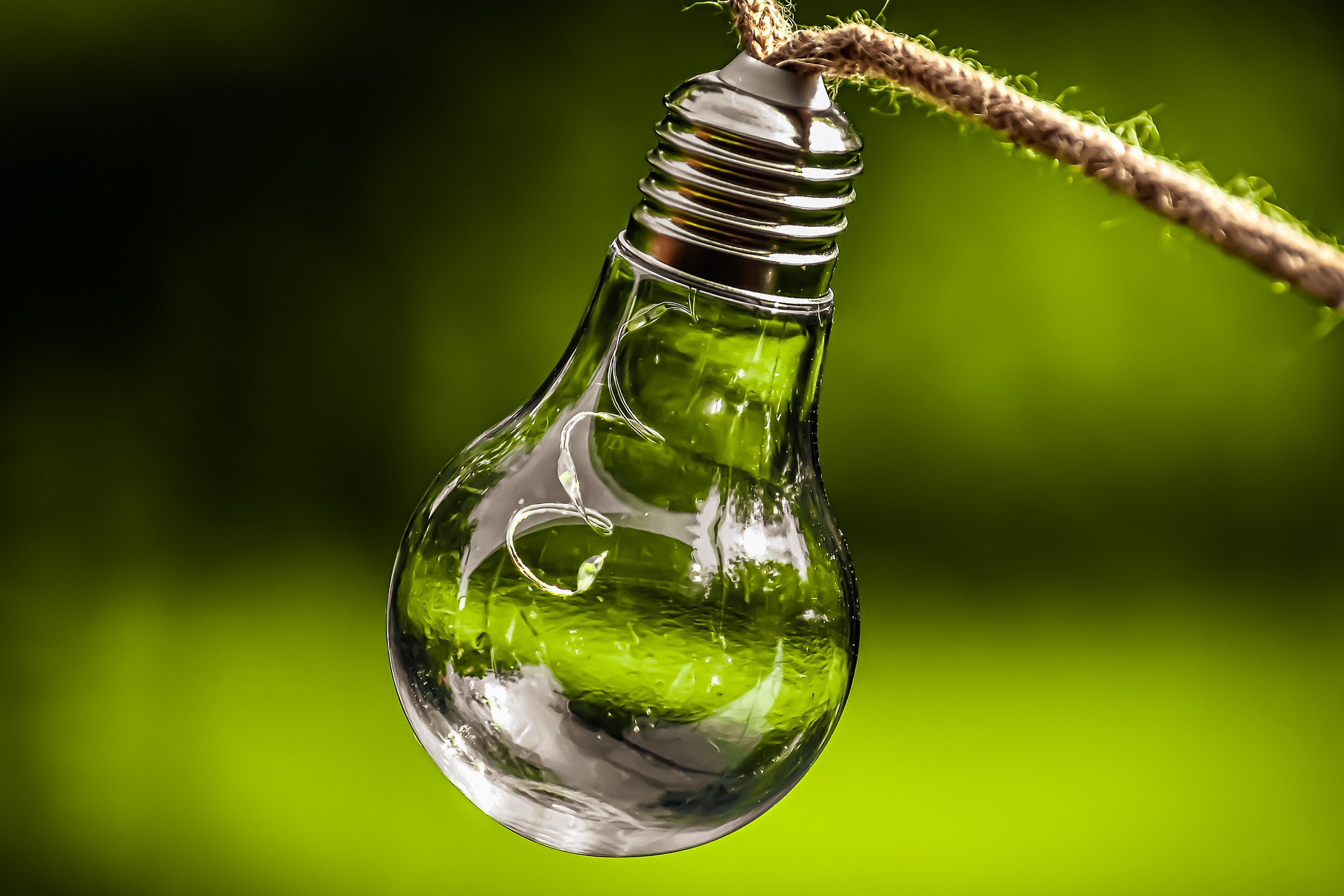Spanish energy industry responds to government call for initiatives to increase its competitiveness and sustainability and identify initiatives for green and digital transition. Companies now investing €53billion in sustainable projects.
A total of nine projects were submitted, covering: energy transition, combating depopulation, strategic projects for economic recovery and change, mobility and the circular economy. These pioneering projects have long-term effects and involve the entire industrial value chain.
Energy transition, decarbonisation and digitalisation
The three major electricity companies comit to energy and digital transition. So far, they have presented 360 projects worth €53billion – partly financed by European funds – in which hydrogen, renewable energy sources and storage technologies play an important role. The projects’ objectives are energy transition, decarbonisation (removing carbon dioxide from hydrogen) and digitalisation.
Iberdrola is making €21billion available for 150 initiatives. Meanwhile Endesa earmarks €19billion for 110 projects and Naturgy €13billion for 100 projects. Other energy industry companies, mainly SMEs, are also participating in the projects.
Iberdrola
Iberdrola’s ambitious programme is financed with €8billion from European funds. Examples of projects are the electric buses and 53 green hydrogen buses.
Endesa
Endesa hopes to receive €5billion from Europe for its budgeted investment of €19billion. If, in the most favourable scenario, all projects receive the green light, they would be carried out within the next three years. This would create 215,000 jobs and contribute €21.65billion to the gross domestic product. It would also reduce CO2 emissions by 13.6 million tonnes per year.
The projects deal with: energy transition outside the peninsula (€3.1billion), on the peninsula (€2.1 billion), smart grids (€3 billion), sustainable transport (€2.2 billion), building renovation and efficiency (€4billion) and hydrogen (€2billion).
Naturgy
Naturgy wants to invest €13billion, spread over a hundred or so projects. The company has not said how much will be funded by Europe. Investments in renewable energy form the largest project at €6.3 billion. Hydrogen and biomethane follow with €3.87billion budgeted. Other investments include digitalisation, fair transition and sustainable mobility.
Worthy of note are the projects involving hydrogen and oxygen plants based on electrolysis in the Meirama (A Coruña) and La Robla (León) areas. The thermal power plants there are facing closure, as is the El Musel plant in Asturias. In Leon, a plant is being built by Enagas to produce 9,000 tonnes of renewable hydrogen per year. Naturgy is also considering building several biomethane production plants and two hydrogen production centres in the Valencia region. The ceramic industry and the port of Valencia, among others, will benefit.
Naturgy estimates that the projects will enable it to reduce CO2 emissions by 8.3 tonnes per year. One way in which this will happen is by increasing the number of private and public charging points for electric vehicles. It also builds network structures for hydropower plants and gas stations.
Other companies reduce ecological footprint
It is not only the big three players in the energy industry that are looking at ways to increase sustainability. The Spanish oil and gas company Repsol also participates in projects related to the circular economy and the production of eco-fuels. By 2030, the company will have a production capacity of more than two million tonnes.
Repsol is using hydrogen to meet decarbonisation targets. It had a first with the announcement of the production of synthetic fuel with a net emission of renewable hydrogen. The company is building a plant to generate gas from urban waste, which will replace some of the consumption of traditional fuels at a refinery in the Basque Country.
In addition, Repsol is building the first biofuel production plant in Spain in Cartagena. The amounts involved in the projects are not yet known. Repsol is currently the largest producer and consumer of hydrogen in Spain. The company is currently promoting different technological options to competitively develop renewable hydrogen and hydrogen with a low carbon footprint, thus contributing to the decarbonisation targets.
Multinational Ferrovial presented some 20 initiatives worth €1.5billion. The group wants support for the rehabilitation of housing and urban space, the decarbonisation of the cement industry, biotechnology, the replacement of the current car fleet with electric cars and air taxis, the vertiports, at 20 airports.


